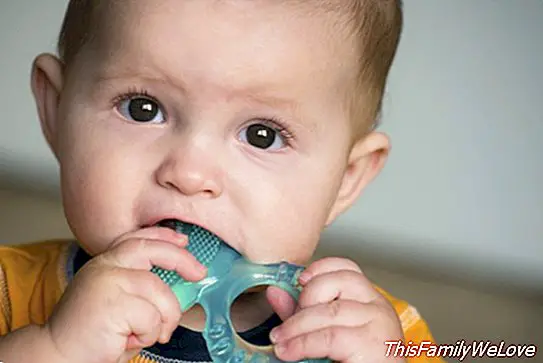Drooling in children, when to worry
Coping with the care of a child is a task as beautiful as it is difficult. Especially when these are babies and can not communicate with parents to tell them what happens to them. Sometimes parents see how children go through certain situations that do not go very well if they are normal or have to worry.
While normally there is no need to worry because a child babe, in certain contexts we must pay attention because this symptom could be synonymous with some problems in the child that will require attention.
Why children drool
Pediatricians explain that "drooling" is the outflow of saliva through the mouth. This act responds well to an excessive production of this liquid or an inability of the baby to contain or swallow it. It is very common in children, especially in the case of infants.
It is also common for drooling to appear in children from 2-3 months of common age. The presence of excess saliva is usually associated with the appearance of teeth, although pediatricians explain that this is not a maxim that occurs in all cases of dentition.

When do you have to worry
Pediatricians clarify that the usual drooling in babies should not be a concern as long as no saliva of a different color is observed. The only thing that should be monitored in these cases is that the child does not get wet excessively causing some irritation on the skin, on the face or on the neck. In these situations there is no reason to go to the specialist.
However, when drooling appears suddenly, especially after a while without appearing, with or without fever, it can be associated with infections in the mouth or in the throat. Other possible causes of this situation are the intake of some medications or other diseases explain excessive salivation in adults. Although this last explanation is unusual in children, it can not be ruled out.
In the event that drooling occurs in older children, this state should be monitored since if it occurs without apparent cause it can be an indication that the child has some type of Mental retardation. In this context it is best to go to a specialist so that it is he who determines if it is one of these cases or there is another cause that can explain the excessive salivation in these minors.
Damián Montero




